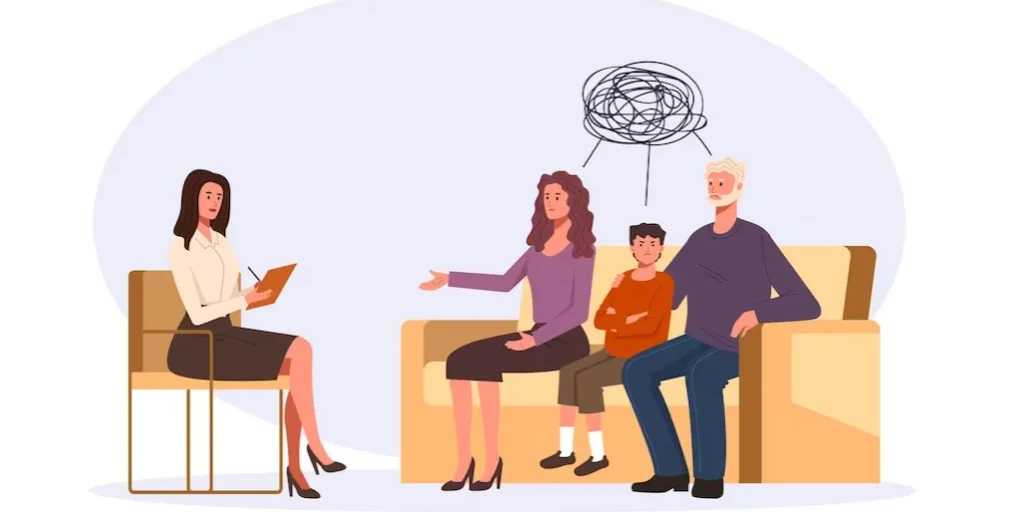24/7 Helpline:
(866) 899-221924/7 Helpline:
(866) 899-2219
Learn more about Bipolar Disorder Treatment centers in Loon Lake
Bipolar Disorder Treatment in Other Cities

Other Insurance Options

Kaiser Permanente

WellPoint

BHS | Behavioral Health Systems

Absolute Total Care

Excellus

Coventry Health Care

Medical Mutual of Ohio

Aetna

AllWell

Choice Care Network

Anthem

GEHA

Multiplan

State Farm

CareSource

Sutter

Horizon Healthcare Service

Oxford

Lucent

Optum







NorthEast Washington Alliance Counseling Services
NorthEast Washington Alliance Counseling Services - Hawthorne Avenue is a diagnostic and treatment c...

























































































































































































































Crisis Intervention Counseling
Crisis Intervention Counseling is a private rehab located in Colville, Washington. Crisis Interventi...

AA – Alcoholics Anonymous
AA – Alcoholics Anonymous is a non-profit rehab located in Colville, Washington. AA – Alcoholics Ano...

Spokane Tribe Behavior Health Agency
Spokane Tribe Behavior Health Agency is a public rehab located in Wellpinit, Washington. Spokane Tri...

Northeast Washington Counseling Service
Northeast Washington Counseling Service is a public rehab located in Chewelah, Washington. Northeast...





























































